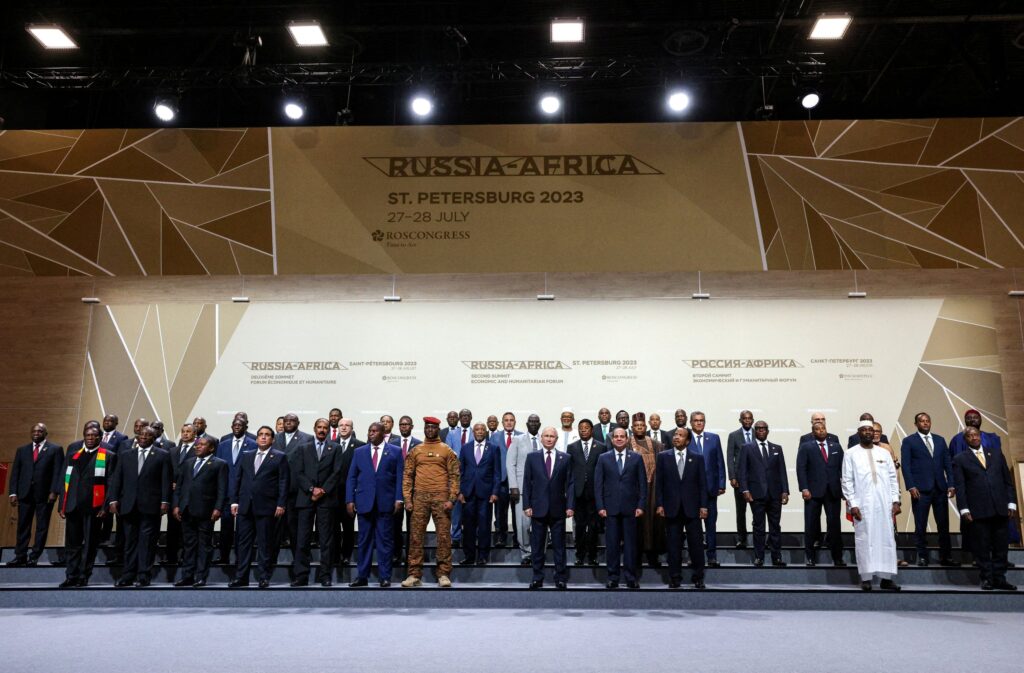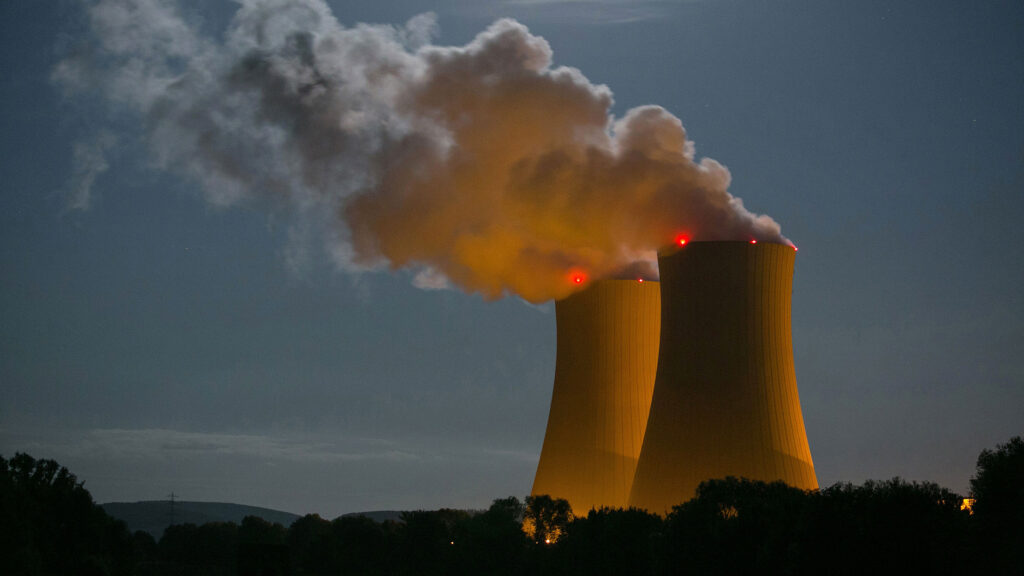- Nuclear energy has been a hot topic for most governments in Africa. Only a few including South Africa and Uganda have released project plans for nuclear power plants.
- Most recently, Tanzania has come out, revealing its nuclear energy plans at the Second Russia-Africa Summit.
- Tanzania’s nuclear plan was a secret as the country laid the groundwork for its establishment.
Africa’s nuclear energy sector has undergone quite a transformation, with multiple governments moving past traditional energy sources to new, greener, and more sustainable ones. Nuclear energy has been a hot topic for most governments, with countries such as South Africa and Uganda releasing project plans for nuclear power plants. In recent news, Tanzania shocked the globe by revealing its nuclear energy plans at the Second Russia-Africa Summit. With these new developments, Tanzania has cast the die stating its intent to outpace its peers and dominate the upcoming era of technology.
Tanzania’s nuclear plan unveiled to the world
Plenty have pondered new ways to improve their energy sector, with the world steadily transitioning into the fourth industrial revolution. Traditional energy sources have proven insufficient, with the demand for power increasing each decade.
Among the different energy sources, nuclear energy has become a hot topic within African governments. Currently, only a small amount of countries have taken an interest in nuclear energy. Egypt, Ghana, Kenya, South Africa, Morocco, Niger, Nigeria, and Sudan have engaged the IAEA in talks about the requirement for a nuclear power plant. Nuclear energy contains valuable properties that allow the production of carbon-free electricity.
Furthermore, a single nuclear power produces at least one gigawatt of energy. This is going beneath the capabilities of a single traditional power plant. Thus, it was a shock when Tanzania’s nuclear plans were unveiled to the world.
Read Also: Can Nuclear power generation save Southern Africa’s Power Pool?
Boosting economic growth and quality of life
To bolster its economic growth, improve the quality of life, and secure a stable and carbon-free energy source Tanzania has dived into Africa’s nuclear energy sector. Tanzania’s Ministry for Minerals Doto Biteko announced at the Second Russia-Africa Summit in St Petersburg. The event hosted over 49 African countries to discuss the ongoing Russia-Ukraine war and how it has affected both economies.

The country has abundant uranium reserves. The research encompasses the regions Namtumbo (Mkuju), Bahi, Galapo, Minjingu, Mbulu, Simanjiro, Lake Natron, Manyoni, Songea, Tunduru, Madaba, and Nachingwea.
Africa’s nuclear energy sector is still roughly new, but its potential surpasses what many believe. An unprecedented growth rate for any economy will accompany the amount of energy produced. The news ignited enthusiasm amongst Tanzanians as th gained the globe’s attention.
What nuclear energy means for Africa
An estimated 10 million SMEs and 600 million people in Africa suffer from a lack of reliable energy. Unfortunately, this problem has significantly plagued Africa’s progress, slowing down most organizations and companies. For instance, South Africa is suffering a severe energy sector crisis. The damage slowed its economic rate by 1.5 per cent in under six months.
As Africa’s most industrialized country, a lack of energy means no production rate. As a result, many have sought to embrace new forms of energy; thus, the need for nuclear power emerged among many countries. Therefore several governments have sought the aid of the IAEA to research better ways to implement a nuclear power plant.
During the 66th IAEA General Conference in 2022, Africa’s nuclear energy sector was a key highlight in their discussion. Under the “Supporting the Energy Transition in Africa” segment, experts and governments disagreed on how nuclear energy would aid Africa’s development. At the time of writing, the IAEA supports 30 countries in Africa and the world in their effort to develop and acquire the necessary infrastructure required.
South Africa is the only nuclear power African country with two reactors as its Koeberge NPP. This newly added energy source has significantly aided the country’s current power crisis. Its resilient nature has led to more talks of adding nuclear power plants. Egypt has joined Africa’s nuclear energy sector and is contracting four 1200MW reactors at El-Dabba on the Medeterian Coast.
With Tanzania’s nuclear plan being the recent occupant within the sector, Africa’s future in nuclear energy appears brighter.
Also Read: Uganda Finalizes on its Nuclear Power Plant Project
Russia’s take on Africa’s nuclear energy sector
During the second Russia-Africa Summit, when Tanzania revealed its grand plan to implement nuclear energy, Russia lauded the efforts. Alexey Likhachev, Director General of Russia’s State Atomic Energy Corporation Rosatom, expressed his confidence in Africa’s nuclear energy sectors.
With the franchise still in its infancy, Africa’s nuclear potential is significantly untapped. He stated that Africa’s rapid population growth and increasing energy demand will catalyze its nuclear energy sector requirements. Furthermore, the effects of Tanzania’s nuclear plan will extend beyond its country’s borders. Experts at the Russia-Africa summit anticipated the revelation would spark more nations to explore Africa’s nuclear energy sector.
By 2025, analysts have expected that Africa will house one-third of the world’s population. If a government can tap into nuclear energy, sustaining its economic standpoint will be possible. Russia made several proposals during the summit to ensure Africa’s sustainable development through various projects.
Princess Mthombeni, Founder of Africa4Nuclear and Nuclear Communication, highlighted the importance of embracing this new collaboration. Russia has extensive experience, infrastructure, and skilled personnel, resources Africa needs to improve. With Russia as a partner, the African nuclear energy sector may gain a more solid foundation.











